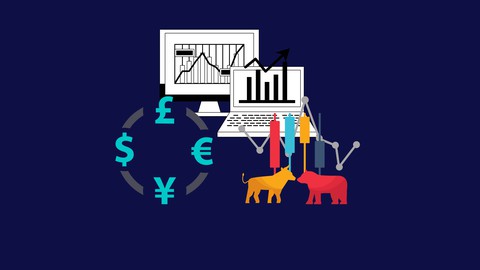
Property owners across the United States are discovering how specialized accounting software transforms rental business management from chaotic paperwork into streamlined financial operations. Recent industry data shows that 78% of successful landlord accounting software now rely on digital financial tools to maximize their property earnings and maintain comprehensive oversight of their investments.
Modern landlord accounting software provides unprecedented visibility into every aspect of property performance. This technology eliminates the guesswork from rental business management while ensuring no profitable opportunity gets overlooked.
Real-Time Income Tracking Across Multiple Revenue Streams
Comprehensive income monitoring captures every dollar generated from rental properties. Advanced software automatically records base rent payments, late fees, pet deposits, parking charges, and utility reimbursements into organized categories. This systematic approach prevents revenue leakage that commonly occurs with manual tracking methods.
Multi-property portfolios benefit from consolidated income reporting that displays performance across all units simultaneously. Property owners can instantly identify their highest-performing assets and spot declining revenue trends before they impact overall profitability. This level of visibility empowers strategic decision-making based on actual financial data rather than estimates.
Monthly income summaries provide clear documentation of cash flow patterns throughout the year. These detailed records prove invaluable during tax preparation and financial planning sessions with accountants or investment advisors.
Automated Expense Categorization for Maximum Deductions
Professional expense tracking ensures every deductible cost gets properly documented and categorized. The software automatically sorts maintenance expenses, professional services, insurance premiums, and property management fees into appropriate tax categories.
Receipt management capabilities eliminate the stress of maintaining physical documentation. Digital storage and automatic categorization transform scattered expense records into organized financial databases that support substantial tax deductions.
Property improvement tracking distinguishes between immediately deductible repairs and capital improvements requiring depreciation over multiple years. This distinction proves crucial for optimizing current-year tax benefits while maintaining compliance with federal regulations.
Enhanced Cash Flow Visibility and Forecasting
Interactive financial dashboards display current cash position and projected income flows in easy-to-understand formats. Property owners can instantly assess their financial health and make informed decisions about property improvements, acquisitions, or strategic changes.
Vacancy tracking provides detailed documentation of rental gaps and their financial impact. This information supports accurate profitability calculations and helps justify strategic investments in property marketing or tenant retention programs.
Security deposit management maintains clear separation between taxable rental income and returnable tenant deposits. Proper categorization prevents unnecessary tax payments while ensuring compliance with local housing regulations.
Professional Reporting for Strategic Decision Making
Standardized profit and loss statements provide consistent financial analysis across multiple properties and time periods. These professional reports reveal profitability trends and highlight opportunities for operational improvements or cost reductions.
Quarterly performance reviews enable proactive business management that extends beyond basic compliance requirements. Understanding seasonal patterns and expense cycles allows for strategic timing of major expenditures and property improvements.
Depreciation calculations integrated within the software provide accurate documentation for this valuable tax deduction. Automated depreciation tracking ensures consistent application across all properties while maintaining detailed records for future reference.
Year-Round Financial Intelligence
Comprehensive expense analysis reveals spending patterns that highlight additional deduction opportunities and potential cost-saving measures. Property owners can identify maintenance trends, compare vendor pricing, and optimize their operational expenses based on actual data.
Tax preparation becomes significantly more efficient with organized financial records that align perfectly with IRS requirements. Professional documentation reduces the likelihood of audit complications while ensuring maximum deduction benefits.






